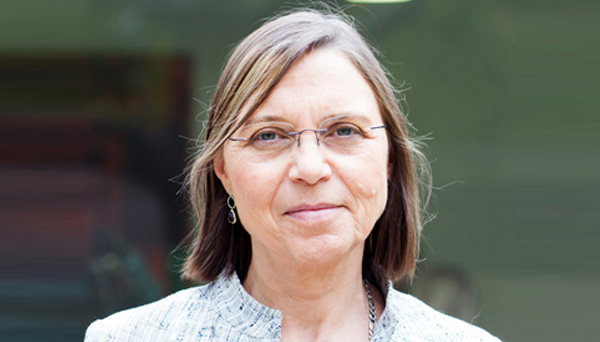“Europe, knowledge politics and bureaucracy: anthropological perspectives” was the title of the workshop EASA held in Brussels on October 28-29, 2019, kindly hosted by our colleagues at ULB Brussels, and we thank them warmly for their hospitality. This was a highly informative event. It was largely designed and organized by Mariya Ivancheva, our Executive Committee member with responsibility for lobbying and the precarious anthropology collective (PrecAnthro Collective) liaison, amongst other things.
As reported in my first letter, we are living in difficult times, both politically and economically; within the regions that are influenced by the EU (which includes territories that are half way across the planet from Brussels, as well as many countries not directly members of the EU), the policies and decisions made in Brussels have enormously important implications. The workshop aimed to carry out two tasks: to reflect on how anthropology might provide a particular kind of voice and perhaps intervention on the issues, policies and bureaucratic practices that emanate from Brussels; and to engage directly, as anthropologists and on behalf of anthropology, with policy makers and lobbying groups in Brussels.
As can be seen in the programme that has been posted on our website, the event included presentations by key anthropologists on policy, bureaucracy and the EU, as well as presentations and discussion sessions with key Brussels-based lobbying groups and policy makers – amongst whom were Angela Liberatore, Head of the Social Sciences and Humanities Unit in the European Research Council (ERC) Executive; Gabi Lombardo (Director of the European Association of Social Sciences and Humanities, or EASSH) and Martin Andler (President of the Initiative for Science in Europe, ISE). The discussions between the gathered anthropologists and these people was both enlightening and robust.
Amongst the issues that arose were: how to protect disciplines such as anthropology, given the current hostile environment for many social sciences and humanities in various parts of Europe; and how to lobby more effectively on behalf of anthropology, particularly on issues related to academic precarity, academic freedom and the tendency for some institutions, both political and academic, to try to make disciplines such as anthropology disappear from view.
Martin Andler (ISE President) reported on the severe danger of financial cuts for research in the upcoming budget negotiations in the EU. He also reported on the progress of the effort to reverse the European Commission’s decision to remove the word ‘Research’ from the title of any of the new Commissioners. EASA had actively campaigned on this issue along with most other learned societies in Europe.
I am delighted to report that this effort was successful: the new European Commission now has a commissioner with responsibility for education and research in Europe. The importance of this cannot be underestimated: during the workshop, the progressive disappearance of names and words that relate to research in general and anthropology in particular in the titles and names of roles, departments, and institutions is a worrying trend. In that context, we were delighted to hear that Angela Liberatore of the ERC had a highly positive view of anthropology, as did Gabi Lombardo of EASSH, who recommended a strongly positive approach towards lobbying: rather than only criticizing what is wrong, encouraging policy makers to do what would be better.
The anthropologists at the event, who included both senior and early career scholars with an interest in the effects of EU funding on anthropology and the academic environment, provided a range of perspectives, both critical and positive, about the current conditions in which anthropology is practiced, and the implications of the way the structures and bureaucratic processes of the academy have been changing anthropological practice. An important element that came out of the discussion about research funding and ethics is that, while ethics towards the subjects of research has been developing strongly, ethical policies on those who are employed within EU-funded research projects is far less developed.
Questions of intellectual property rights, employment conditions, management and leadership issues, mentoring, and many other issues related to current academic precarity conditions were raised. This was clearly the beginning of a conversation, not the end of one. With that in mind, we are reproducing some of the main issues and arguments on this debate in this newsletter, including a set of guidelines on the ethics of collaborative research written by Alice Tilche and Rita Astuti, to begin a discussion on how to address the difficulties identified during the workshop.
